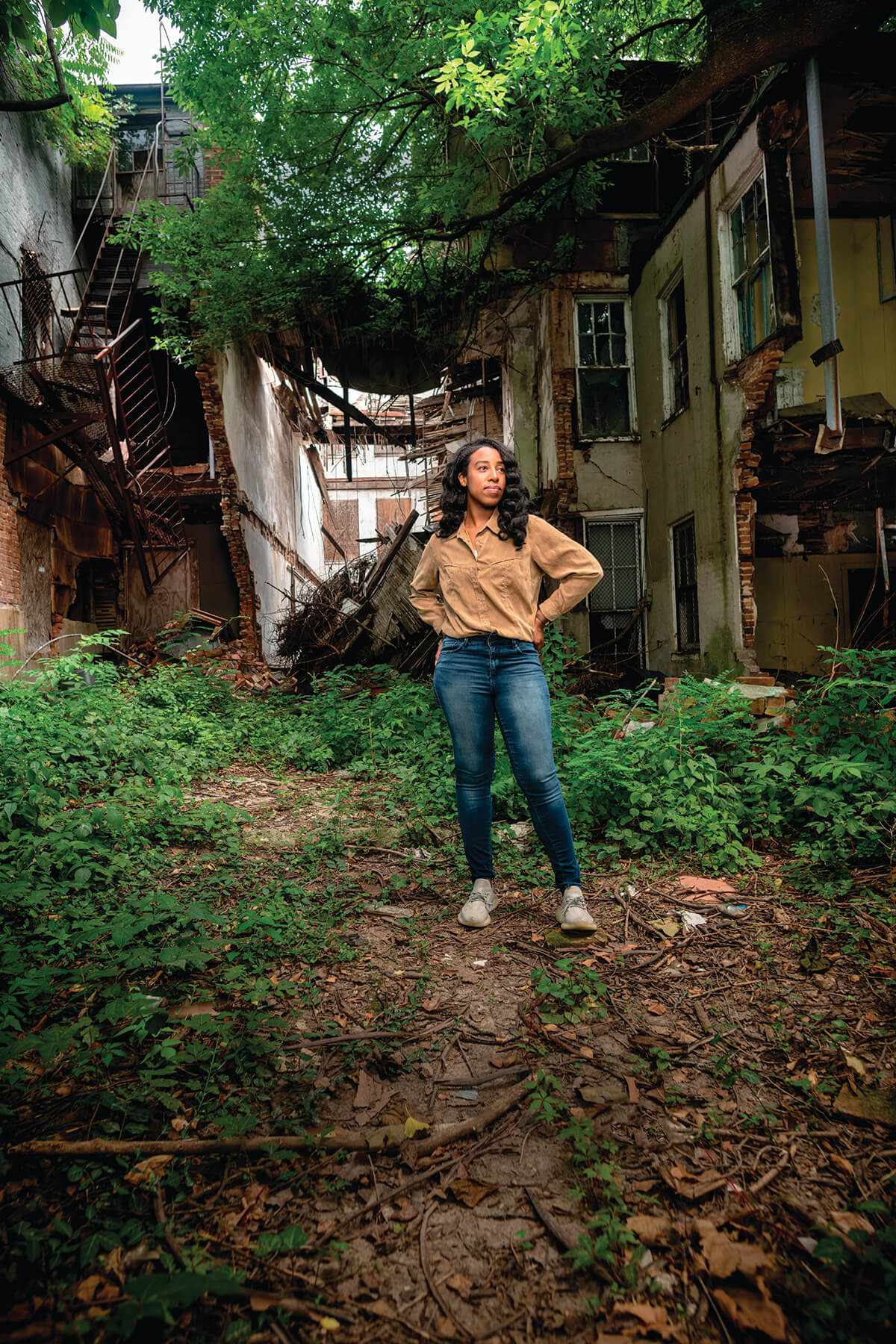Business & Development
GameChanger: Bree Jones
We catch up with the founder of Parity.

Bree Jones counts herself among a generation of young Black Americans, spurred to activism by high-profile killings of unarmed Black people, who demand accountability on issues involving race, violence, and equality in the U.S.
Her activism, however, isn’t focused on police brutality. Instead, Jones aims to set right injustices exacerbated by traditional real estate development and redevelopment patterns in urban areas.
In 2018, she launched her equitable real estate development firm, Parity, which renovates vacant homes and resells them for affordable prices to existing residents, aiming to break the typical gentrification cycles by focusing on communities, starting in West Baltimore.
What is Parity’s mission?
I founded Parity to be a developer that is equitable, community-led, and that puts the outcomes of low-to-moderate income Black and brown people at the center of its outcomes, rather than as an afterthought.
You say development often happens to, and not with, communities, particularly communities of color. What does that look like?
When development happens to people, it lands on top of neighborhoods that were already struggling from racist policies, like urban renewal, which tore through Poppleton with the Route 40 “Highway to Nowhere” [in the late 1970s]. The residents tried to engage in that process. They tried to advocate on their own behalf. They tried to bring the developer to the table. They tried to bring the city to the table, and some things were promised that weren’t fulfilled. Like, yes, we’re going to demolish your homes, but we’ll give you a place to come back to. But the reality is people who are displaced can’t come back, because the developer is renting those units at a much higher price.
What are the biggest challenges for a firm like Parity?
The biggest challenge is going up against structural racism. It’s kind of like a big, knotted ball, and we’re trying to carefully unravel it without inadvertently causing additional harm. Parity is working on acquiring 96 abandoned buildings in West Baltimore across 10 contiguous blocks, because we recognize in order to shift a neighborhood you have to get all the vacants.
Describe the moment you conceived flipping the script.
Trayvon Martin was murdered the year I was graduating from college. That was such a pivotal moment in my trajectory, because in some ways the world that I had known, or been taught about in school, came crashing down. I realized what institutional racism really looked like. [At the same time,] I found a small grassroots organization in my hometown, New Rochelle, that taught me about critical race theory, and that’s the first time I learned about redlining. It just so happened this multi-billion-dollar developer was starting to build 2,000 luxury rental units. All of these things converged, it was like a fire that was ignited within me, around racial and social justice.